

The Importance of a Nuanced Character Arc
Few of us change overnight. We might wake up one morning and realize we’ve changed, but when we look back we can see it was the result of a million little things, day after day, that brought us to our current state. How do we build a character arc like this—showing gradual, compelling, believable change?
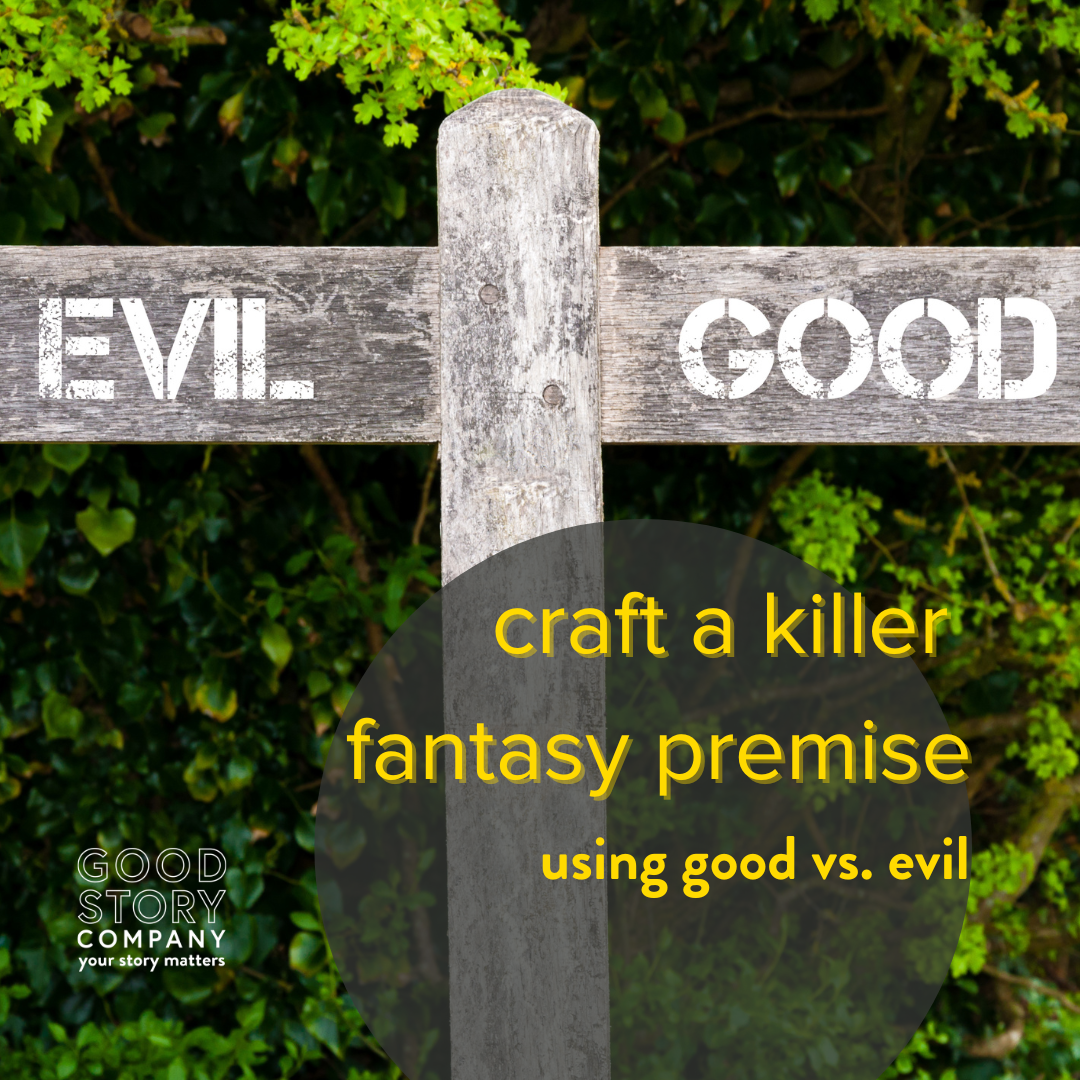
Craft a Killer Fantasy Premise Using Good Versus Evil
A fantasy premise that doesn’t engage on any themes of good versus evil can feel empty, but when those lines are too stark, it can feel a bit thin. So how do you find the balance?

Episode 26: Tami Charles, Children’s Book Author
New York Times Bestselling children's book author Tami Charles joins the Good Story Podcast to talk about experimenting with verse, amplifying the stories of girls of color, and writing what you feel.

In Favor of Present Tense Writing
One of the first decisions we have to make before writing is what tense to use. Present tense writing is often overlooked in favor of past tense—but when is present tense the better choice?

Story Mastermind: Novel Mini-Mastermind
Story Mastermind is a five-month small group workshop intensive. The deliverable is a fully workshopped novel draft and submission materials. We’ll give you a taste of how we discuss story in Novel Mastermind: from the premise, the elevator pitch, the logline; to theme, character objective, and stakes.

Ways to Hook a Reader
You do need to clear a pretty high bar to impress an agent, a publisher, or a reader once you get published. The opening pages are a really, really important part of this. Adding some character relatability and a little bit of conflict goes a long way in hooking a reader.


Novel Setting: Where’s It Gonna Be?
Your novel has to be somewhere. It can be anywhere! But setting is not an arbitrary detail: it can make all the difference.

Swearing In Children’s Books
This is everybody's favorite fucking topic. It is swearing in children's books. Very controversial. Keep in mind the power gatekeepers have in children’s publishing.
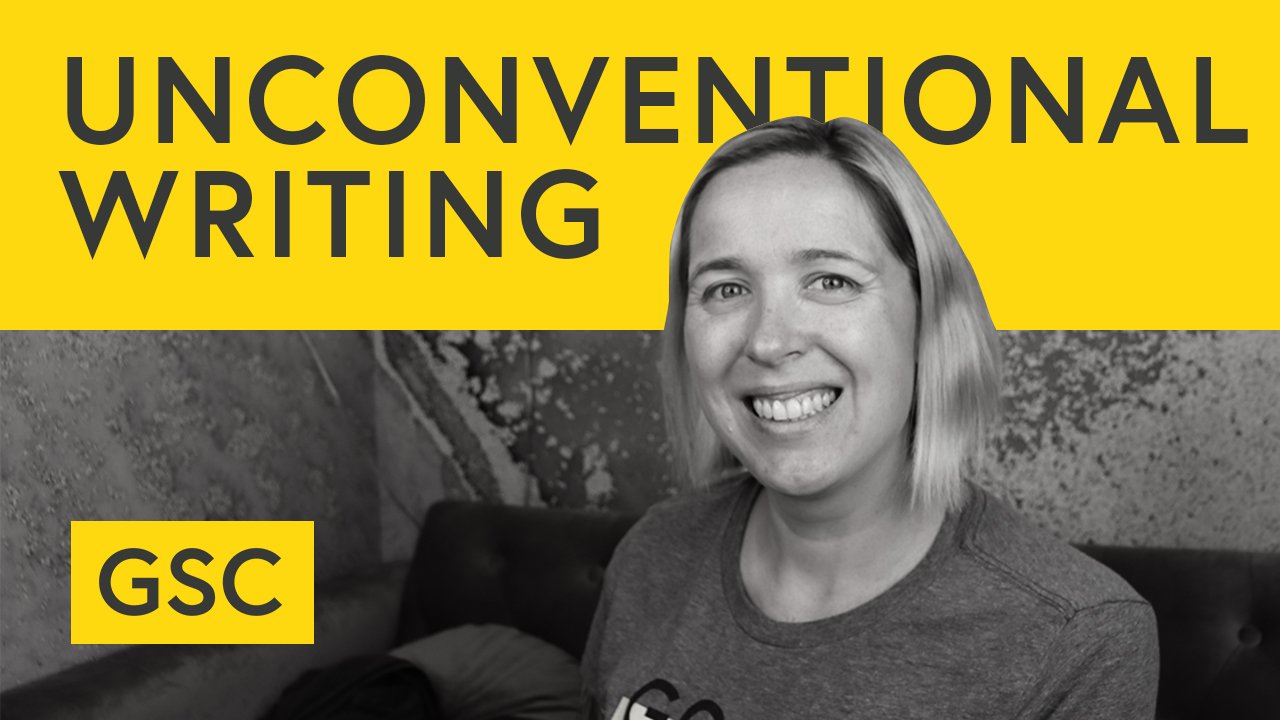
Unconventional Writing
Publishing loves its buckets. In children's books, there are several buckets that you need to fit into, with word count guidelines and all of that. There are buckets and tropes in adult publishing as well. Books that don't lend themselves easily to categorization can be a really difficult sell.
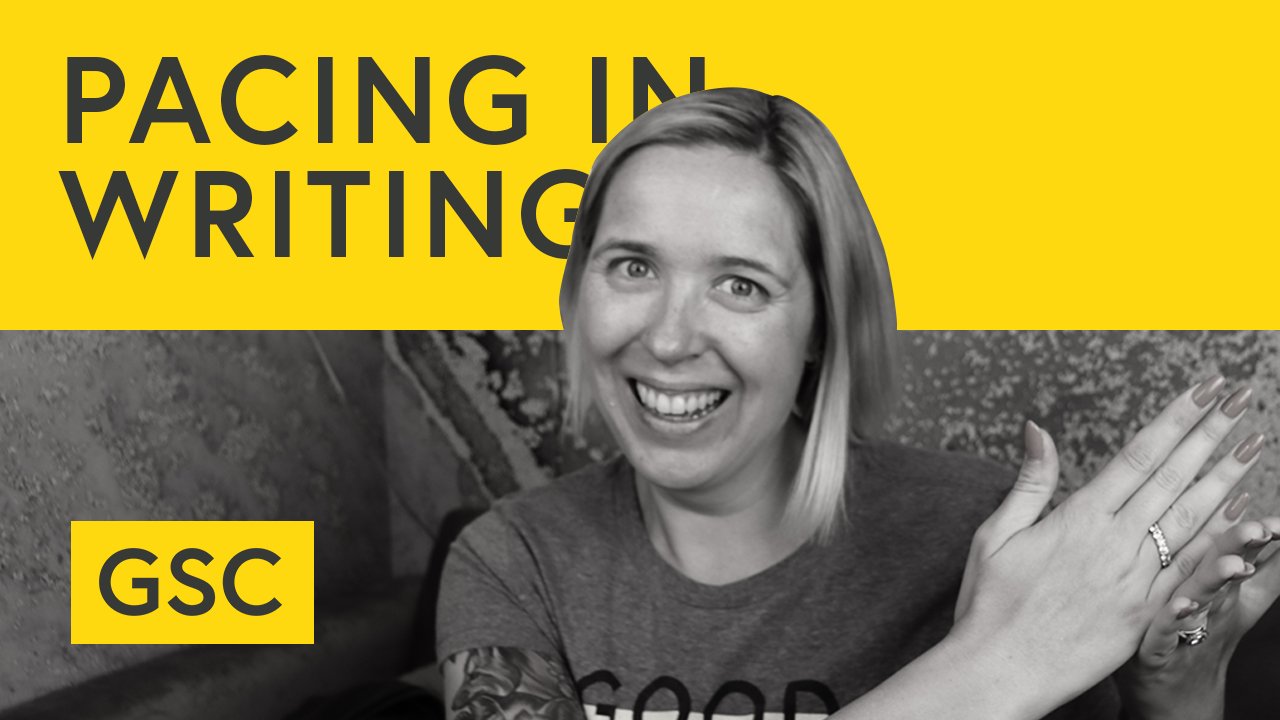
Pacing in Writing
Pacing is the engine that keeps that story going and keeps your reader's interest level high. One of the most important things that I teach when it comes to pacing with writing is the balance of action and the information. Information is dense. It moves slowly. Action is fast. It moves quickly. It has nothing to do with page count, but everything to do with the balance of what's in those pages.
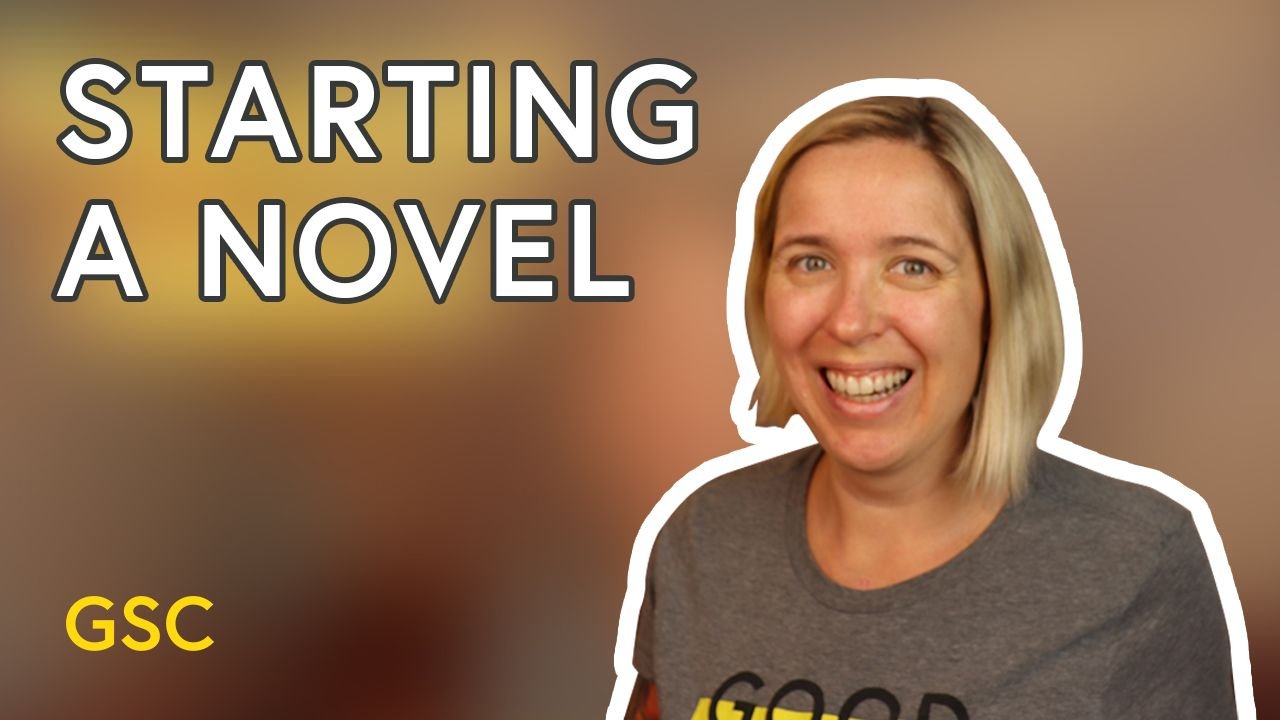
Starting a Novel
Today we are talking about starting a novel...it's hard. But the thing you must remember is: You don't have to nail it on the first try. You can—and should!—always go back, edit, revise. Beginnings are incredibly important. They're what agents and publishers consider before they decide whether they're going to spend the rest of their time with you and your story. But you have a lot of time to go back and nail it!
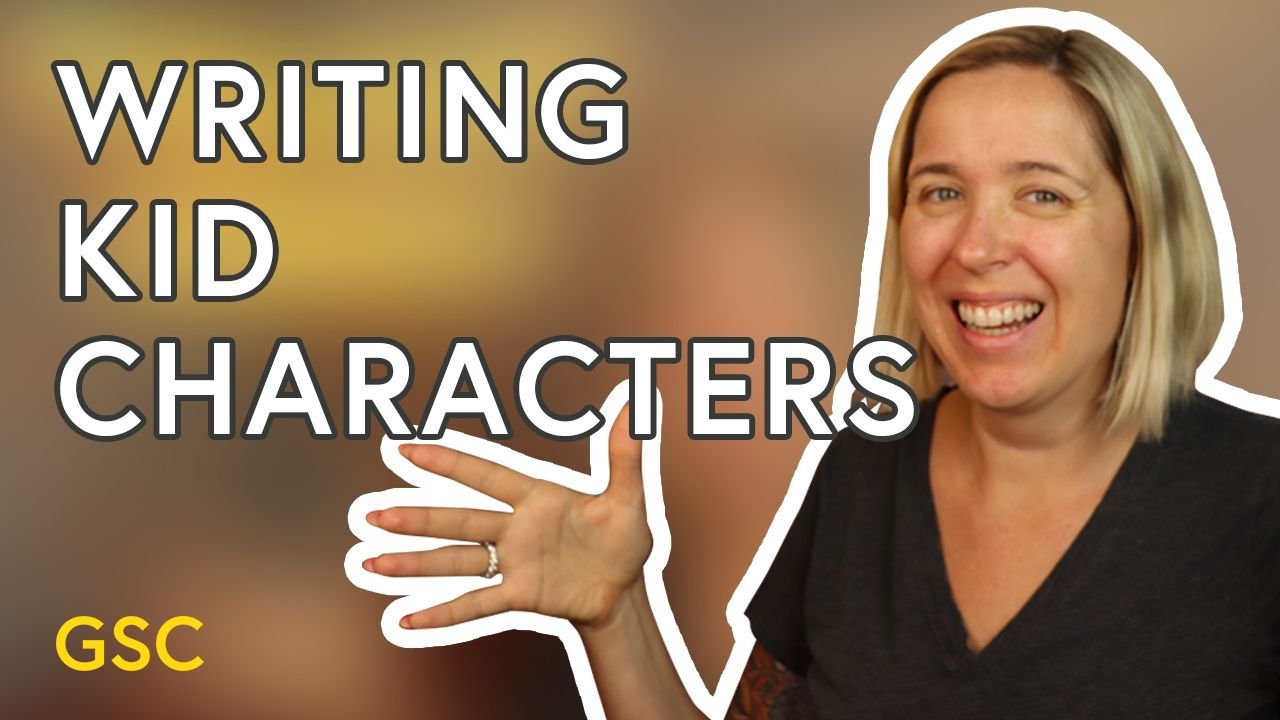
Writing Kid Characters
The number one thing that you have to know about writing a kid character is that they should be relatable to kids. This seems like a very dumb thing to say, but a lot of picture books that I read are written more from the point of view of an adult or for an adult point of view.

How To End A Novel
Your ending will make a lasting impression – one readers will carry with them after they put the book down. Here are some tips for writing an ending that will resonate with readers and get them excited for whatever you write next.
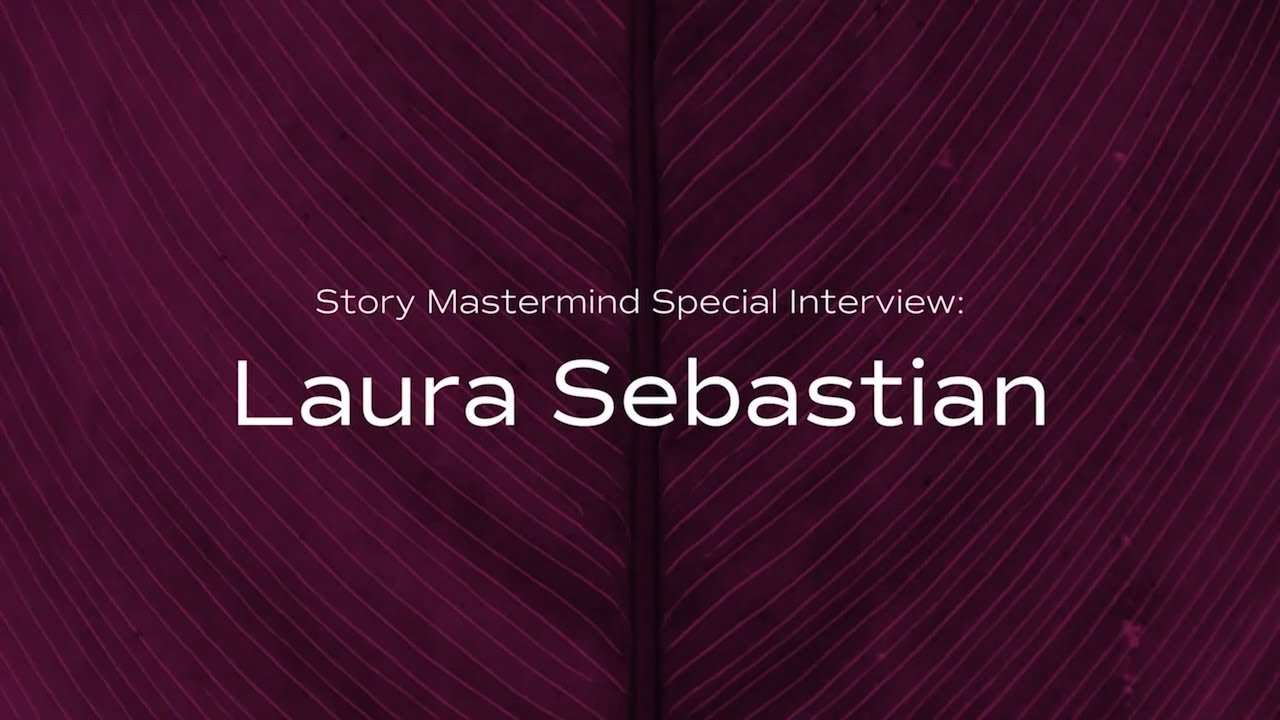
Story Mastermind Interview with Laura Sebastian
A conversation with YA fantasy author Laura Sebastian (ASH PRINCESS, out now from Delacorte) all about worldbuilding.
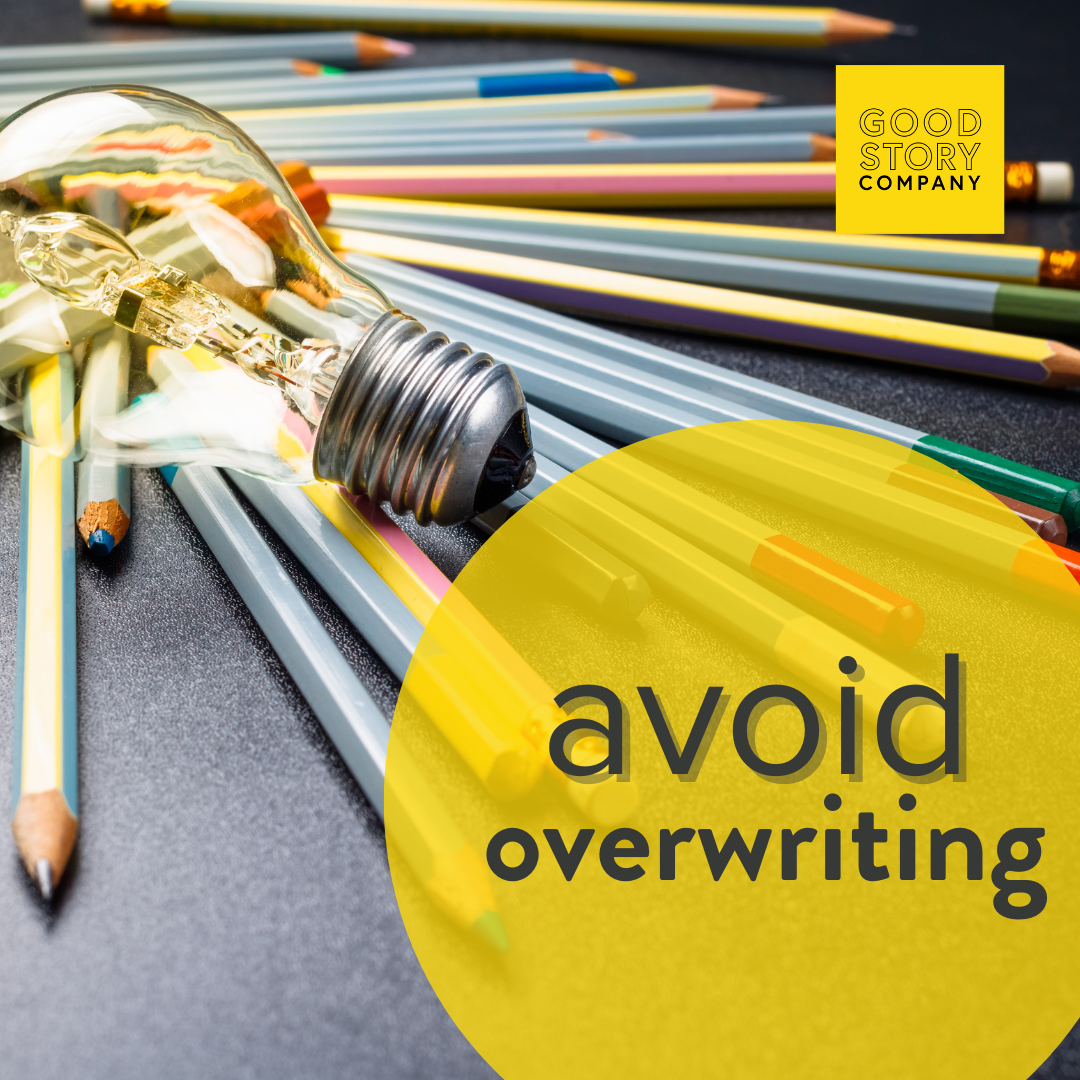
Avoid Overwriting
Overwriting happens often in early drafts, as writers try to get the story down and figure they’ll fix things later. Sometimes details draw us in, but often they can distract readers, pushing them to think about unrelated things ... and then to stop reading.

Novel Openings
Go beyond the landscape when setting the scene with these three essential considerations for starting your novel.
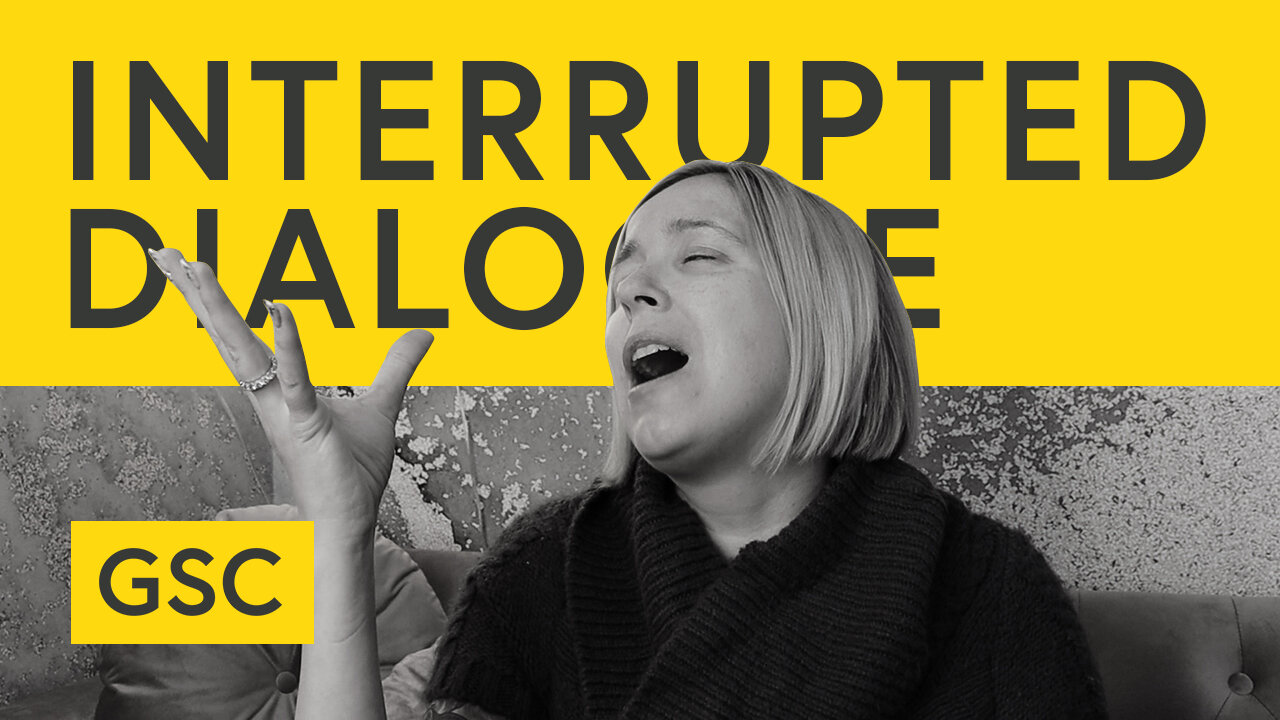
Interrupted Dialogue
If you've been wondering how to format interrupted dialogue in your manuscript, here's a quick answer.

Help! I’m Distracted from Writing.
Getting distracted from writing has always been a challenge for writers. But it’s more acute these days, as lockdowns and quarantines interfere with the habits we once built. Here are the top four ways we tend to get distracted from writing, with troubleshooting solutions for each.

Write What You Know
Here's a video follow-up to our blog post on the old writing adage "write what you know." A closer look at what this expression really means and how you can make it work in your writing.
